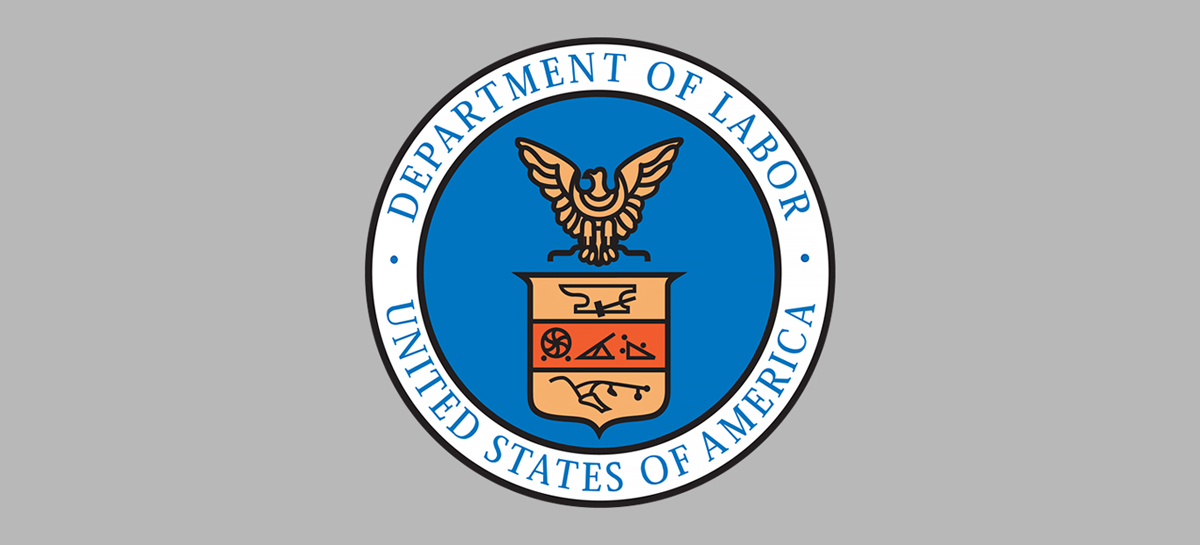A human resource and employment solutions firm, Employco USA is pleased to announce the growing expansion of its staff.
Employco’s newest team member:

Kathleen Pusateri, Account Executive – Kathleen joins our team of sales leaders with over a decade of industry experience and success attracting new business and managing key client relationships. She will be responsible for creating and maintaining new accounts along with business development for Employco.
“I am very honored to be joining this team, I know that we have mutually lofty goals and I intend to make a positive impact towards them. If you want to be the best, you must be surrounded by the best. This is what Employco means to me.” –Kathleen Pusateri
For more information, please contact Rob Wilson at (630) 286-7345 or robwilson@employco.com.
About Employco:
Headquartered in Westmont, Illinois, Employco provides employer management and human resource outsourcing, as well as a number of other administrative and progressive employment techniques. With our national reach, we work to lower costs while improving the performance and productivity of clients in every industry; from construction and manufacturing to retail and technology.
Visit us at:
www.employco.com
www.linkedin.com/company/employco-usa-inc-


 Today Uber drivers from around New York will gather together to protest outside Uber’s Manhattan headquarters. Soaring gas prices and lack of benefits have led many ride-share drivers to protest their status as gig workers instead of employees, and Uber drivers in Illinois and California have also staged similar protests.
Today Uber drivers from around New York will gather together to protest outside Uber’s Manhattan headquarters. Soaring gas prices and lack of benefits have led many ride-share drivers to protest their status as gig workers instead of employees, and Uber drivers in Illinois and California have also staged similar protests.





 As counties and states across the nation drop their mask mandates, Americans are at odds over whether the decision to un-mask is safe or not.
As counties and states across the nation drop their mask mandates, Americans are at odds over whether the decision to un-mask is safe or not. Earlier this year CNN President Jeff Zucker was forced to resign from his position due to a consensual relationship he had with a junior employee. Zucker and his employee didn’t disclose their relationship, which apparently continued on for many years, until the long-kept secret finally came to light.
Earlier this year CNN President Jeff Zucker was forced to resign from his position due to a consensual relationship he had with a junior employee. Zucker and his employee didn’t disclose their relationship, which apparently continued on for many years, until the long-kept secret finally came to light.